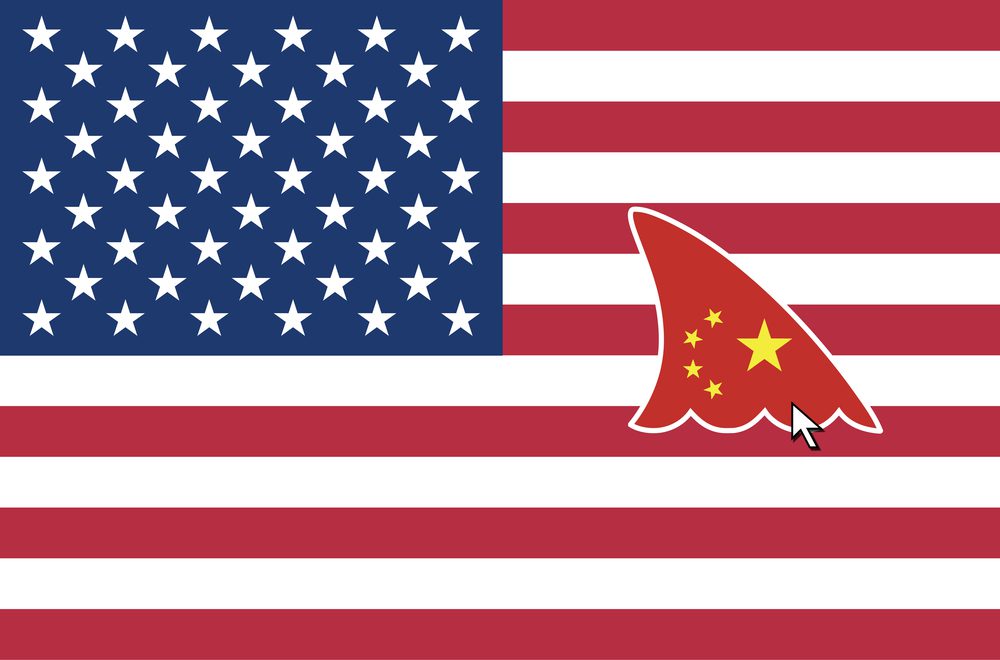
On Friday, February 4th, U.S. Secretary of State Anthony Blinken postponed his visit to China, U.S. media report. The rescheduling of the diplomatic visit comes in response to a suspected Chinese spy balloon that has been flying across U.S. airspace for several days.
While Washington has called it a “clear violation” of its sovereignty and assumes it to be an espionage vessel, Beijing maintains its purpose is scientific, and largely in use for meteorological research.
A Chinese foreign ministry spokesperson voiced regret over its “unintended entry” into U.S. airspace, noting that the vessel, with its “limited self-steering capability,” had been affected by the prevailing winds and thereby “deviated far from its planned course.”
He concluded that his government will continue communicating with Washington, and “properly handle this unexpected situation.”
Blinken has called the incident an “irresponsible act” by China but said that Washington remained committed to dialogue and that he would visit when conditions allowed. “The first step is … getting the surveillance asset out of our air space,” he said.
A day later, on Saturday, February 4th, a U.S. fighter jet downed the balloon off the Carolina coast with a missile. An operation is underway to recover the debris. Hours before, President Joe Biden had told reporters that “we are going to take care of it.”
Initially, U.S. military brass considered shooting the vessel down over the state of Montana, but on Friday they advised against it as the falling debris might pose a safety risk. During a media briefing, Air Force Brigadier General Pat Ryder reiterated that the balloon had “violated U.S. airspace and international law, which is unacceptable,” adding that Washington had already informed the Chinese of its position at multiple levels.
The official went on to inform that the balloon was carrying surveillance gear, but that “once the balloon was detected, we acted immediately to protect against the collection of sensitive information.” He told reporters the balloon was at an altitude well above commercial air traffic and did not present a threat to people on the ground.
The craft, he said, was however carrying “a payload,” though he did not shed light on what the nature of that payload might be.
He added that the balloon had changed course and was now floating eastward at about 18 kilometers above the central U.S., which appeared to show it had maneuvering capabilities. Ryder concluded it would likely be over the country for a few more days, but did not mention what options the U.S. military was considering for dealing with it, be it destruction or capture.
Two 2024 presidential hopefuls, former President Donald Trump, and former South Carolina governor and U.N. ambassador Nikki Haley (who is expected to officially announce her candidacy later this month), suggested the U.S. should immediately shoot down the balloon.
According to Reuters, officials have said the Chinese spy balloon’s trajectory had carried it over a number of militarily sensitive sites. Among these are various military bases, including in Montana, such as its Malmstrom Air Force Base, which houses 150 intercontinental ballistic missile silos.
White House spokesperson Karine Jean-Pierre said U.S. President Joe Biden was briefed on the balloon on Tuesday and there was an administration “consensus that it was not appropriate to travel to the People’s Republic of China at this time.” Biden himself, despite having been asked about it on Friday morning, had not yet issued a comment at the time of this article.
The postponement of Blinken’s trip—which would have been the first time a U.S. secretary of state visited China since 2017— could hamper the goal of stabilizing Sino-U.S. relations. In August last year, relations degraded significantly when then-U.S. House Speaker Nancy Pelosi visited Taiwan, which Beijing considers part of its territory.
In response, Beijing held a string of military drills near the self-ruled island, causing worry to U.S. allies in the Indo-Pacific region. Since then, the U.S. has been bolstering ties with its partners there, striking military deals (recently, with the Philippines) while other allies, most notably Japan, launched ambitious investment programs for their militaries.
